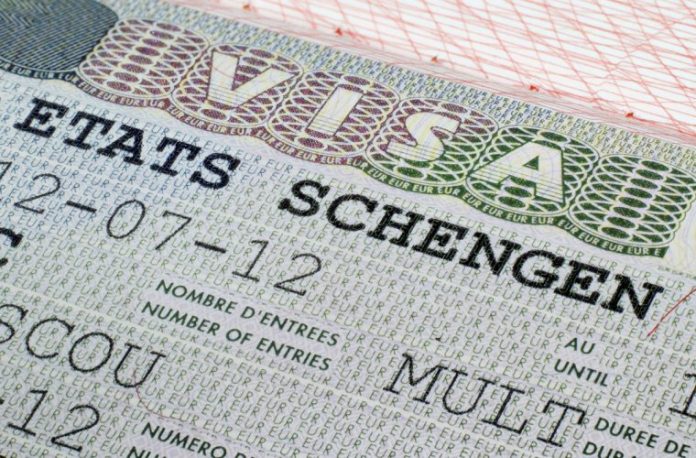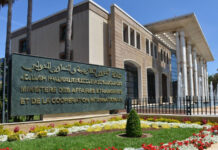Starting October 12, the European Union will begin rolling out an automated border control system for all non-EU travelers—excluding those entering via Cyprus and Ireland. Years in the making, the system will require biometric data collection at entry points across the bloc, including passport numbers, fingerprints, and facial photographs.
This digital overhaul is set to gradually replace the traditional passport stamp with a centralized record of every entry and exit. The goal is to improve data-sharing among EU member states, monitor the duration of stays more precisely, and identify overstays or attempted illegal entries more efficiently.
The new system will also apply in non-EU Schengen countries such as Iceland, Liechtenstein, Norway, and Switzerland. A full-scale deployment is scheduled for mid-April 2026, though implementation will be phased in. Major countries like France and Germany have opted for a gradual rollout to prevent airport congestion and avoid overwhelming border facilities.
France’s Interior Ministry has stated that operations should run smoothly on launch day, though it acknowledges the logistical challenges involved—particularly given high passenger volumes. In contrast, several smaller EU countries are prepared to implement the system in full starting this Sunday.
The new checks will apply to British nationals as well, as they are now treated as non-EU travelers. In the UK, border kiosks have already been installed at train stations and ports. Both Eurostar and Getlink say they are ready to handle the changes, with London’s St Pancras International and the Port of Dover expected to be key pressure points.
This biometric entry/exit system is just the first step. In 2026, the EU plans to introduce a new electronic travel authorization, ETIAS, which will require travelers from visa-exempt countries to fill out an online form before departure—a process similar to the U.S. ESTA system.
EU officials argue that these tools will strengthen border security and help curb irregular migration, while also ensuring smoother coordination across countries. Public awareness campaigns are being launched to inform travelers about the upcoming changes.





